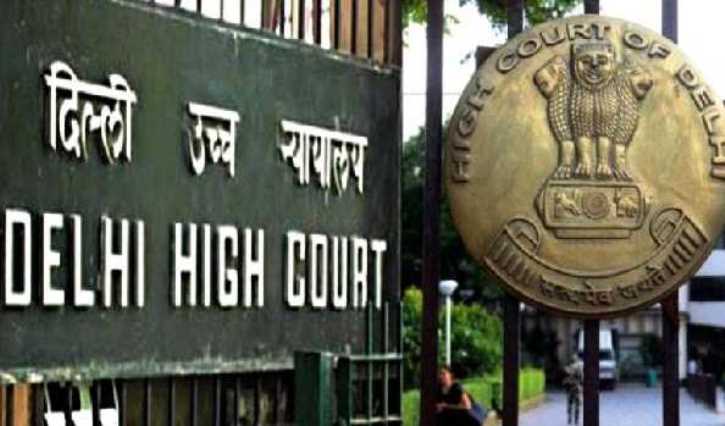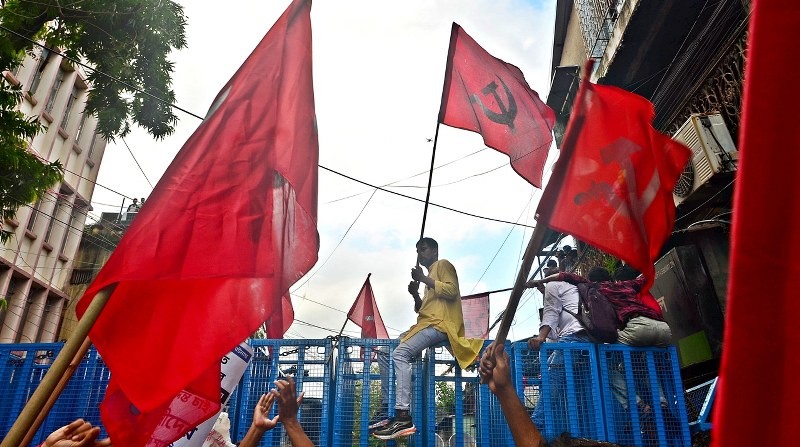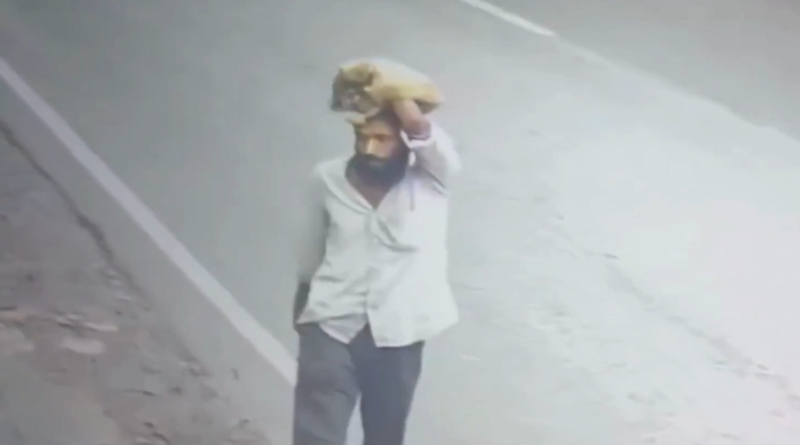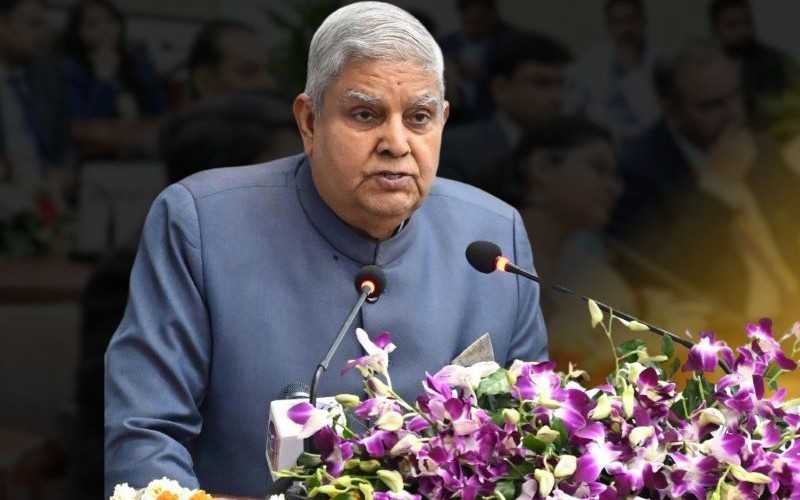Delhi HC directs Election Commission to act against Rahul Gandhi on 'pickpockets' remark on PM Modi, AmitShah, Adani

New Delhi: The Delhi High Court has directed the Election Commission of India to take appropriate legal action against Congress MP Rahul Gandhi for referring to Prime Minister Narendra Modi, Home Minister Amit Shah, and businessman Gautam Adani as 'pickpockets,' media reports said.
Noting that these statements were inappropriate, the court has directed the constitutional body to act within a period of eight weeks.
"Though the statements are not in good taste, yet as the ECI is acting in the matter the court will not like to keep the matter pending. The same is disposed of,” the court said in the order, according to reports.
The court's directive for action against Gandhi comes in response to information that the Election Commission of India (ECI) had issued a notice to him on November 23.
The ECI had stated its intention to take action in case he did not respond by November 26.
However, as Gandhi failed to reply, the court, without specifying the nature of the action, gave the Election Commission eight weeks to proceed.
Last month, the Election Commission issued a show-cause notice to Gandhi on November 23 regarding his remarks, referring to Prime Minister Narendra Modi as 'panauti and pickpocket.'
The Election Commission had asked Gandhi to respond before November 26.
The Bharatiya Janata Party (BJP) criticized the use of such language by a "very senior leader."
The Election Commission, in its notice, reminded Gandhi that making unverified allegations against political rivals was not allowed under the Model Code of Conduct.
The BJP, in its complaint to the Election Commission, disputed Gandhi's claim that the government granted waivers of Rs 14,00,000 crore to industrialists, stating that it was not supported by facts.
The Election Commission's notice highlighted that the term "panauti" potentially violated the prohibition outlined in Section 123 of the Representation of the People Act, which addresses corrupt practices.
Clause 2, subsection (ii) of Section 123 emphasizes that inducing a candidate or elector to believe that divine displeasure or spiritual censure would be incurred constitutes interference with the free exercise of electoral rights.
The notice invoked the Supreme Court's observation that the right to reputation is an integral part of the right to life protected by Article 21.
"Accordingly, you are requested to provide your explanation on the allegation made and to show causes as to why action as deemed fit for alleged violation of Model Code of Conduct and relevant penal provisions is not initiated by the commission. Your reply, if any, will be reached by 6.00 pm of November 25. If no reply is received by then, action deemed fit will be taken by the commission," the notice added, according to media reports.





